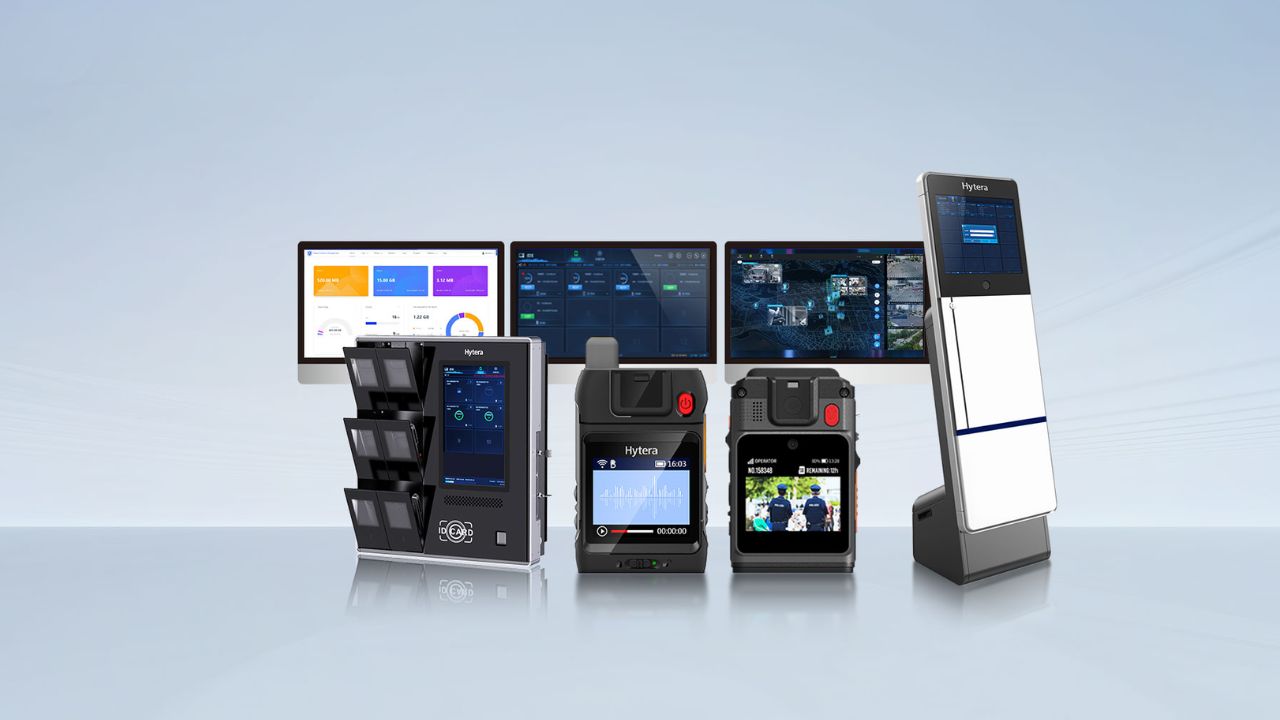Commercial two-way radios are communication tools made especially for use in a variety of corporate and professional contexts. They have more functions than typical consumer-grade radios and are sturdy and dependable. These radios are designed to be used in harsh conditions where timely and dependable communication is essential to operations and security.
Commercial two-way radios are ideal for enterprises, public safety agencies, security organizations, construction companies, event management, hospitality, manufacturing, and other industries. commercial two way radios are known for their robustness and functionality. They help team members communicate effectively, which enables real-time coordination, information sharing, and emergency reaction.
Does Operating a Commercial Radio Require a License?
Commercial two-way radio use usually requires a license from the relevant regulatory body in most countries. The frequency bands and particular radio spectrum that the radios use determine whether a license is required in the first place. A portion of the frequencies are set aside for licensed users only, particularly in corporate and commercial applications. Different frequencies are assigned for different uses.
By limiting user interference and guaranteeing that users adhere to pertinent rules and regulations, the licensing procedure enables the controlled and orderly use of radio frequencies. Depending on the nation or area, as well as the kind of frequencies being used UHF, VHF, or other bands different license requirements may apply.
Main Uses of Two-way Radios
Commercially available two-way radios are widely used in many different industries because of their effectiveness, dependability, and instantaneous communication capabilities. These radios improve coordination, safety, and operational efficiency by acting as a dependable communication tool for a variety of commercial industries.
Retail and Hospitality
Two-way radios facilitate staff communication in retail and hospitality contexts, enabling prompt attention to client requirements, inventory updates, and security concerns. They make effective customer service and real-time coordination possible.
Manufacturing and Warehousing
Supervisors, teams, and forklift operators may all communicate easily in manufacturing facilities and warehouses thanks to two-way radios. These tools support inventory management, operations management, and timely communication and observance of safety procedures.
Construction and Engineering
Two-way radios are essential for quick communication between workers, foremen, and site managers on construction sites and during engineering projects. These tools improve security, help organize work, and allow for quick adjustments to project specifications that change.
Healthcare and Hospitals
When it comes to linking medical personnel, security, and administration, two-way radios are essential in hospitals and other healthcare institutions. They provide effective patient care, speed up emergency responses, and guarantee prompt communication in emergency situations.
Education & Schools
Teachers, administrative workers, and security personnel can communicate effectively in educational institutions thanks to two-way radios. They facilitate prompt reactions in times of emergency and help with daily operations management.
Event Management and Entertainment
Two-way radios let workers, security personnel, and organizers communicate at events, concerts, and entertainment venues. They guarantee prompt coordination and action in the event of crowd control or safety issues.
Transportation and Logistics
Two-way radios are necessary for driver, dispatcher, and logistical team communication in the transportation and logistics industry. They assist in route planning, cargo tracking, and guaranteeing the effective flow of commodities.
Security and Private Services
During patrols, events, or securing areas, security officers, private investigators, and bodyguards use two-way radios for instant communication and coordination. These gadgets guarantee quick reaction to any security concerns.
Sports & Recreation
In order to ensure a seamless and well-organized event, two-way radios help with staff coordination, guest safety, and quick emergency response during sports events, parks, or outdoor activities.
Government and Public Safety
Two-way radios are essential in the fields of public safety, which include emergency services, firefighting, and law enforcement. They make it easier for rescuers to communicate with one another, which speeds up coordination in an emergency and guarantees a successful outcome.
Conclusion
Commercially available two-way radios are useful instruments for communication in a variety of businesses. Their prompt communication skills and dependability improve operational effectiveness, security, and synchronization in several business domains. In many commercial contexts, these gadgets continue to be an essential communication tool that enables efficient operations and quick reactions.


